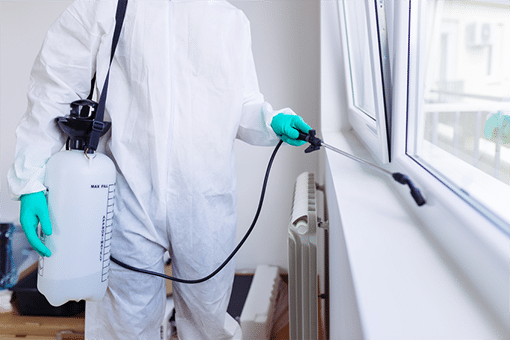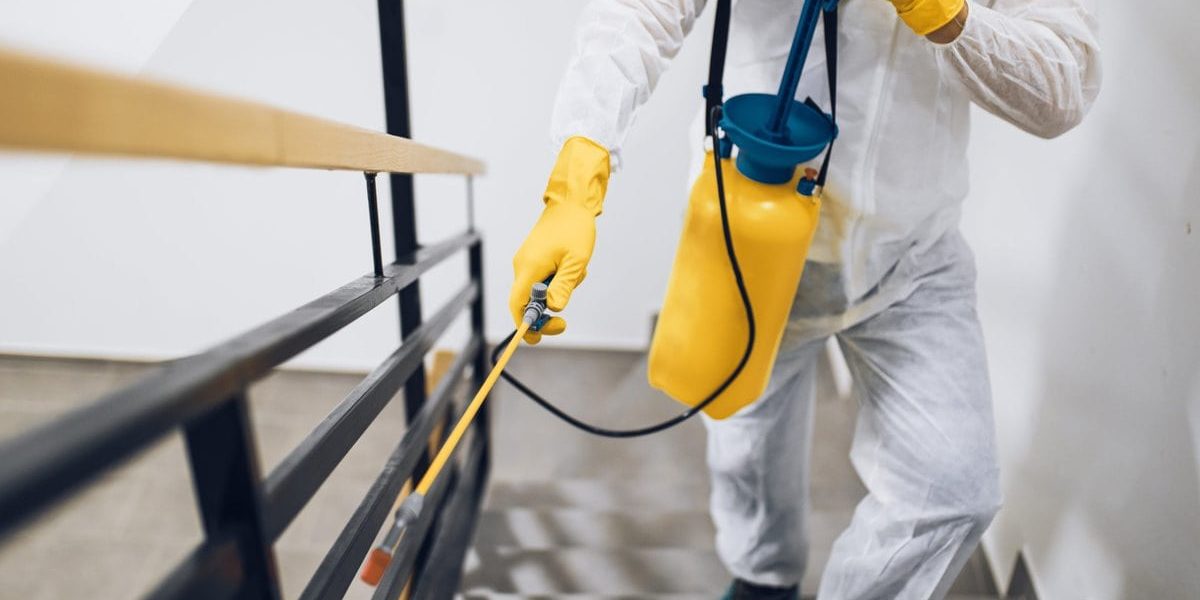Specialist Pest Control Techniques for Long-Term Outcomes
In the world of parasite control, attaining continual efficiency and lasting outcomes calls for a thorough technique that goes beyond simple elimination. Expert insect control techniques encapsulate a comprehensive technique that begins with an extensive examination and analysis, adhered to by specific parasite recognition to comprehend their habits patterns. The application of Integrated Insect Management (IPM) concepts, coupled with eco-conscious treatments, forms the cornerstone of sustainable insect elimination. Nevertheless, real examination lies in the ongoing surveillance and maintenance of the treated locations, making sure a pest-free atmosphere for the direct future. By delving right into the complexities of these strategies, a deeper understanding of specialist bug control methods for withstanding outcomes arises.
Assessment and Assessment
Upon going into a home for parasite control services, the preliminary action is a thorough evaluation and assessment to determine the level of the problem and identify one of the most reliable therapy plan. Expert parasite control service technicians are trained to thoroughly check out the premises, seeking signs of insect task such as droppings, munch marks, nests, or any type of architectural damages. They will likewise analyze the conditions that may be attracting bugs, such as food resources, water leakages, or access points.

Bug Identification and Actions

Furthermore, comprehending the habits of the recognized pest is crucial to executing efficient control steps. Understanding where bugs nest, what they feed on, and their task patterns can aid pest control professionals devise techniques to eliminate them effectively. Some bugs may be nocturnal, while others are a lot more energetic pest control near me throughout the day. This expertise enables the application of therapies at optimum times for optimum efficiency.
Integrated Insect Management (IPM)
Integrated Parasite Administration (IPM) techniques combine multiple strategies to manage and avoid pest problems in a lasting and ecologically friendly fashion. exterminator near me. By integrating approaches such as organic control, habitat adjustment, adjustment of cultural techniques, and the use of resistant ranges, IPM aims to decrease using chemical pesticides
One of the key concepts of IPM is the emphasis on avoidance. This positive approach includes monitoring parasite populations frequently to detect any kind of possible issues prior to they escalate. By recognizing insect problems at an early stage, pest control actions can be carried out swiftly and successfully.
Moreover, IPM promotes the usage of safe insect control approaches whenever possible. This can include using natural predators of the parasites, introducing beneficial insects, or utilizing scents to disrupt breeding patterns. By reducing reliance on chemical pesticides, IPM not only shields the environment however additionally helps preserve a balance in the ecological community.
Environmentally-Friendly Treatments
Carrying out eco-conscious approaches in pest control procedures can successfully address infestations while prioritizing ecological sustainability. Environmentally-friendly therapies concentrate on minimizing the impact of bug control approaches on ecosystems, non-target organisms, and human health and wellness. These approaches often include making use of all-natural predators, such as ladybugs or nematodes, to manage pest populaces, decreasing the requirement for chemical interventions. Furthermore, methods like environment adjustment, such as readjusting moisture degrees or removing food resources, can aid deter pests without the use of dangerous materials.
Another key facet of environmentally-friendly therapies is using organic and eco-friendly items that break down rapidly without leaving hazardous residues in the setting. Agricultural pesticides derived from plants like chrysanthemums or neem offer reliable bug control while presenting marginal threat to non-target varieties. Utilizing approaches like warm treatments or scent traps can target details bugs with precision, reducing the total environmental impact of parasite control methods.
Ongoing Tracking and Upkeep
Continuous surveillance and maintenance are essential components of effective bug control administration. Continuous tracking plays a vital function in guaranteeing that pest infestations are spotted early and taken care of quickly. Regular evaluations by qualified experts are essential to identify any type of indicators of pest task, assess the performance of previous therapies, and make modifications to the bug control plan as required. By keeping track of pest populations over time, bug control professionals can track patterns, expect prospective concerns, and implement preventive steps to lessen the risk of future invasions.
In enhancement to monitoring, upkeep methods are crucial for long-lasting pest control success. This consists of carrying out appropriate hygiene actions to remove prospective food and water sources for parasites, securing off entrance indicate prevent pests from getting in the facilities, and dealing with any structural issues that could facilitate pest problems (Pest control Washington DC). By integrating continuous tracking and upkeep into an integrated pest management technique, businesses can ensure a pest-free environment and safeguard their home against pricey damages and health and wellness dangers
Conclusion
Finally, making use of specialist bug control strategies such as comprehensive inspection and analysis, accurate parasite recognition and understanding of their habits, integrated pest management methods, environmentally-friendly treatments, and ongoing surveillance and maintenance are essential for attaining long-term cause bug control. By carrying out these methods, individuals can effectively take care of pest problems and preserve a pest-free setting in a lasting fashion.